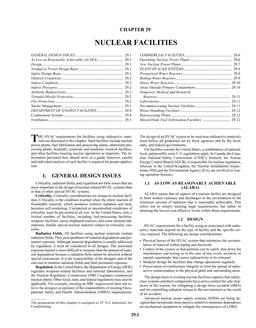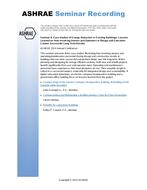Cooling towers are one of the most prominent heat and mass transfer apparatus in widespread use. One of their major applications is in cooling of condensers of large airconditioning systems extensively found in hot regions all over the world.
The Gulf States, and especially the United Arab Emirates, are characterized by having a hot and humid climate, which dominantly has an adverse effect on the performance of cooling towers. In this paper an experimental study of a forced draft counterflow cooling tower is implemented to investigate its performance and characteristics when using different mixture ratios of fresh air and return conditioned air (waste energy) to reduce the entering air wet-bulb temperature to the cooling tower.
The data are being collected by using a data-logging and recording system. The thermal performance of the cooling tower is clearly explained in terms of varying air and water temperatures. This study showed that mixing exhaust air dumped from conditioned spaces with ambient fresh air in cooling towers in hot and humid regions significantly improves their performance and efficiency. This technique is expected to result in sound savings of cooling water and energy and, hence, is expected to reduce running expenditure.
Units: Dual
Citation: ASHRAE Transactions, vol. 115, pt. 1, Chicago 2009
Product Details
- Published:
- 2009
- Number of Pages:
- 8
- File Size:
- 1 file , 4.1 MB
- Product Code(s):
- D-CH-09-060


